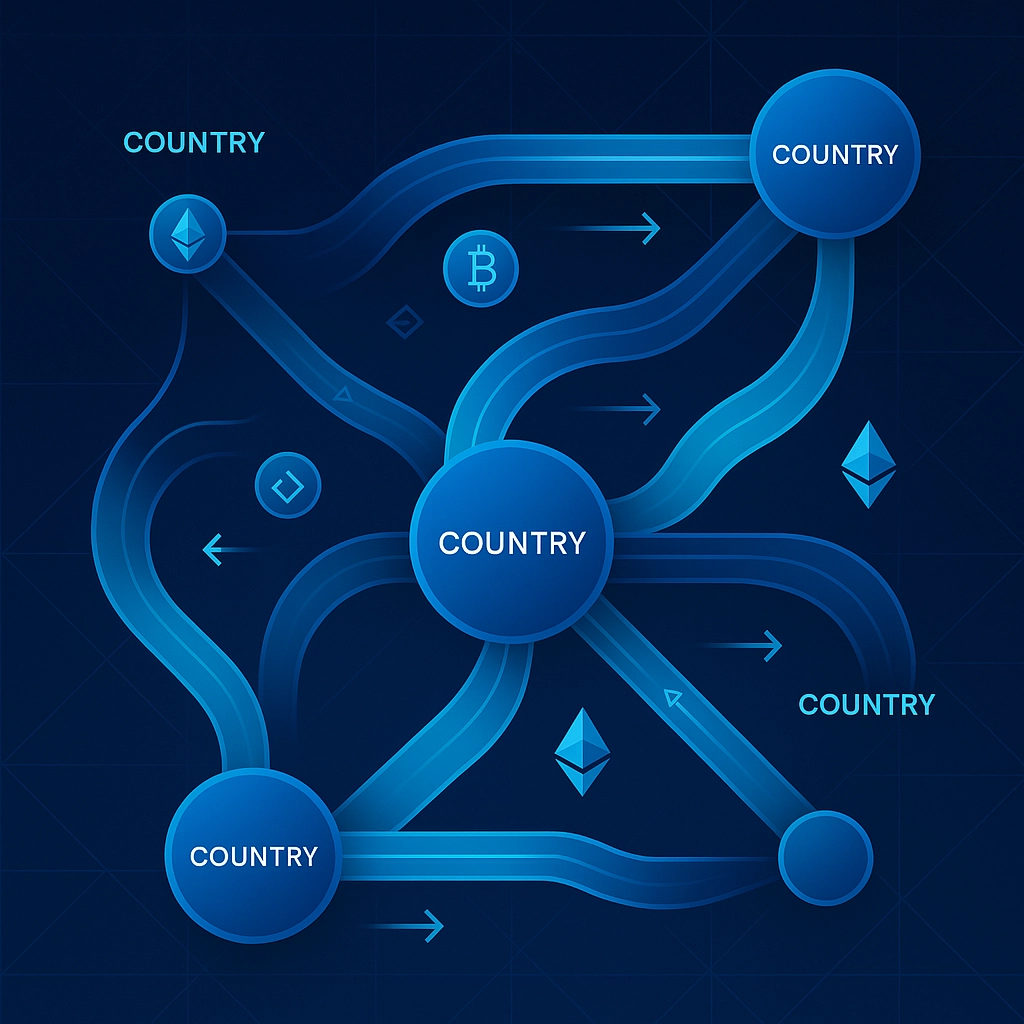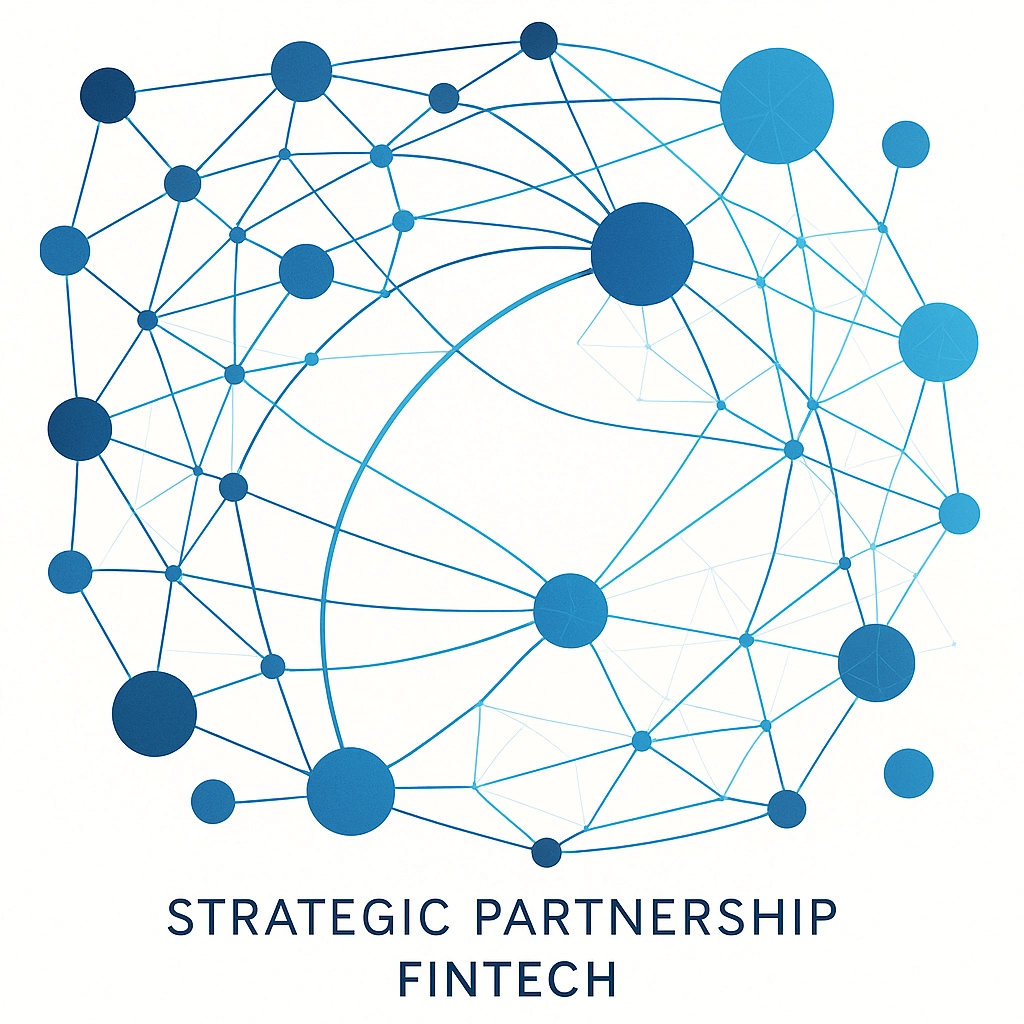How PayPals New Crypto Payment Expansion Is Changing the Game for Fintech Startups
- Kian Jackson

- Aug 28, 2025
- 4 min read

PayPal's launch of "Pay with Crypto" in July 2025 has sent shockwaves through the fintech ecosystem, fundamentally reshaping how we think about digital payments, merchant adoption, and cryptocurrency integration. For fintech startups, this isn't just another product launch—it's a pivotal moment that's creating both unprecedented opportunities and significant competitive challenges across the entire payments landscape.
The Payment Revolution That Changes Everything
PayPal's new crypto payment system allows merchants to accept over 100 cryptocurrencies, including Bitcoin, Ethereum, and Solana, with automatic conversion to fiat currencies or their PYUSD stablecoin. What makes this particularly disruptive is the pricing structure: 0.99% transaction fees for the first year, escalating to 1.5% thereafter—significantly lower than traditional international credit card processing fees.
This pricing strategy immediately puts pressure on fintech startups to either match these competitive rates or differentiate through superior technology and service offerings. The system's near-instant settlement capability and potential for up to 90% reduction in cross-border transaction fees establishes a new benchmark that smaller fintech players must now compete against.

For Australian fintech startups looking at the Asia-Pacific market, this development is particularly relevant given the region's appetite for digital payment innovation and cross-border commerce solutions.
A New Competitive Battlefield Emerges
The expansion intensifies competition between traditional fintech firms like PayPal, Stripe, and Robinhood against native crypto companies. This competition creates a bifurcated market where fintech firms position themselves as bridges for mainstream adoption, while native crypto projects continue serving users who prefer self-custody and permissionless finance.
This dynamic forces fintech startups to make critical strategic positioning decisions. Do you compete directly with PayPal's comprehensive approach, or carve out specialised niches that larger players might overlook? The answer lies in identifying unique value propositions that PayPal's standardised approach cannot replicate.
Golden Opportunities for Smart Startups
PayPal's expansion creates several downstream opportunities that savvy fintech startups can capitalise on:
Infrastructure and Integration Services
While PayPal handles the core payment processing, there's massive demand for specialised tools and APIs that help smaller merchants integrate crypto payments or provide additional functionality that PayPal doesn't offer directly. Think analytics dashboards, custom reporting tools, or industry-specific compliance features.
Stablecoin Ecosystem Development
PayPal's promotion of PYUSD, which offers 4% annual rewards, creates opportunities for startups to build complementary services around stablecoin management, yield optimisation, and treasury services. Australian startups could particularly benefit by creating solutions that bridge PYUSD with local banking systems and regulatory requirements.

Vertical-Specific Solutions
While PayPal provides a horizontal solution, startups can focus on industry-specific implementations. Whether it's gaming, e-commerce, professional services, or hospitality, each vertical has unique compliance, reporting, and user experience requirements that specialised fintech startups are perfectly positioned to address.
Enhanced Analytics and Risk Management
The crypto payment space creates enormous demand for sophisticated analytics, fraud detection, and risk management tools. Startups that can provide real-time monitoring, regulatory reporting, and predictive risk analysis have a clear competitive advantage.
Navigating the Challenge Landscape
However, PayPal's expansion isn't just creating opportunities—it's also raising the competitive bar significantly. The regulatory landscape presents both opportunities and risks, with potential impacts from evolving cryptocurrency regulations creating uncertainty that could affect the entire crypto infrastructure space.
Fintech startups must navigate these regulatory challenges while competing against PayPal's substantial resources and established merchant relationships. The key is understanding that PayPal's move validates the market opportunity while simultaneously making it more competitive.

Strategic Implications for Market Entry
PayPal's investment in strategic acquisitions and partnerships demonstrates the critical importance of ecosystem building in the crypto payments space. This signals to fintech startups that success increasingly requires strategic partnerships rather than purely organic growth.
The expansion also validates the mainstream market—everyday consumers and businesses rather than crypto-native users. This creates opportunities for startups to build user-friendly interfaces and educational tools that help traditional businesses adopt crypto payments beyond PayPal's offering.
For Australian fintech companies, this represents a particular opportunity given Australia's progressive approach to cryptocurrency regulation compared to many other jurisdictions.
What This Means for Investment and Scaling
PayPal's expansion represents part of a broader shift toward crypto infrastructure investment. This creates a larger addressable market but also requires fintech startups to demonstrate clear differentiation and sustainable competitive advantages.
The success of PayPal's initiative could accelerate venture capital investment in the space while simultaneously raising investor expectations for fintech startups in terms of scale, partnerships, and technical sophistication.
The Path Forward for Fintech Startups
Success in this new landscape depends on startups' ability to identify and execute opportunities that complement rather than directly compete with PayPal's comprehensive approach. Here are the key strategies emerging winners are implementing:
Focus on Complementary Services: Instead of building another payment processor, successful startups are creating tools that enhance the crypto payment experience—better analytics, improved user interfaces, or specialised compliance solutions.
Target Underserved Segments: While PayPal focuses on mainstream adoption, there are still underserved segments like small businesses with specific needs, emerging markets, or industries with unique requirements.
Build Strategic Partnerships: The most successful fintech startups are forming partnerships with established players rather than trying to compete directly. This could mean integrating with PayPal's system or partnering with traditional financial institutions.

Emphasise Regulatory Compliance: With increasing regulatory scrutiny, startups that can navigate compliance requirements while maintaining user-friendly experiences have a significant competitive advantage.
The Bottom Line
PayPal's crypto payment expansion serves as both a catalyst for industry growth and a competitive milestone that separates well-positioned fintech startups from those unable to adapt to new market dynamics. The companies that will thrive are those that view this development as validation of the opportunity rather than just a competitive threat.
The payments landscape is evolving rapidly, and the winners will be those who can move quickly, build strategic partnerships, and focus on delivering genuine value to underserved market segments.
Are you ready to navigate this changing landscape? At Kian Jackson, we help fintech startups develop strategies that leverage these market shifts while building sustainable competitive advantages. Whether you're looking to understand the implications of PayPal's expansion for your business or need guidance on positioning your startup in this evolving ecosystem, we're here to help you turn disruption into opportunity.
Ready to discuss how these changes affect your fintech strategy? Reach out to us directly—let's explore how you can capitalise on this pivotal moment in the payments industry.

Comments